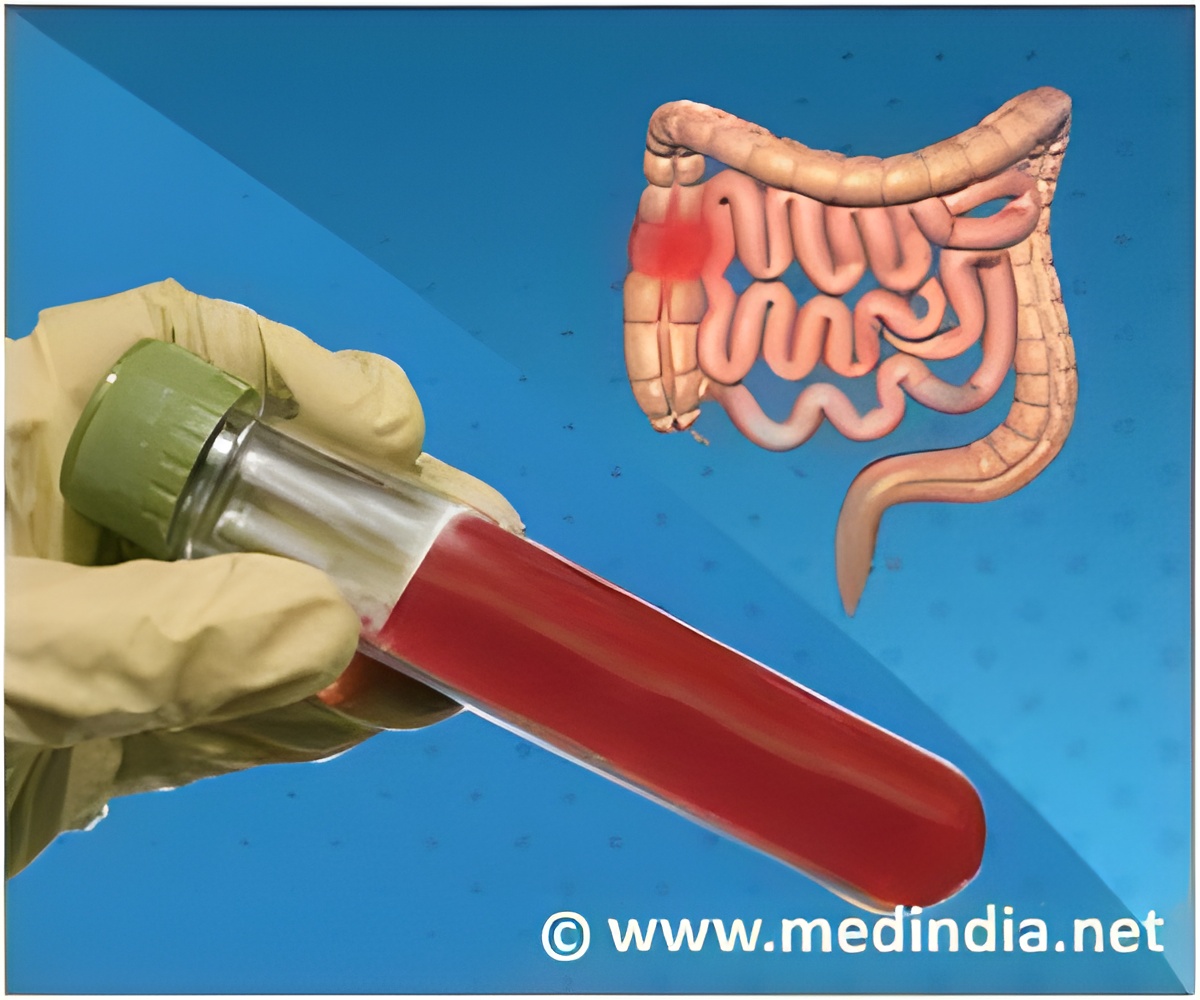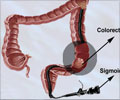In Europe, screening for colorectal cancer (CRC) is highly effective in reducing mortality from the disease.

Professor Philippe Autier, Vice President, Population Studies, at the International Prevention Research Institute, Lyon, France, will report on results extracted from data on CRC collected as part of the Survey of Health, Ageing, and Retirement in Europe (SHARE) project on exposure to screening in men and women aged 50 and over in 11 European countries between 1989 and 2010. Using the World Health Organisation cause of death database, the researchers calculated changes in death rates from CRC in the different countries, and related them to the scope and take-up of CRC screening activities.
Screening involves either a faecal occult blood test (FOBT), which checks a sample of faeces for hidden blood, or endoscopy, where a tiny camera is introduced into the large bowel to look for the polyps that can be a precursor of cancer. Screening activities were either part of national programmes, for example FOBT screening in France and in the UK, FOBT or endoscopy in Germany and some Italian regions, or the result of decisions made by individuals and their doctors. Endoscopic screening is often carried out without a prior FOBT examination.
"We saw quite clearly that the greater proportions of men and women who were screened, the greater the reductions in mortality," Prof Autier will say. "Reduced death rates from CRC were not noticeable in countries where screening was low, even though healthcare services in those countries were similar to those in countries where screening was more widespread."
In Austria, where 61% of all those studied reported having undertaken a FOBT, deaths from CRC dropped by 39% for men and 47% for women during the period. In Greece, however, where only 8% of males had had an endoscopic examination as opposed to 35% in Austria, death rates from CRC rose during the period by 30% for men and 2% for women.
Overall, in all the European countries studied, 73% of the decrease in CRC mortality over ten years in males, and 82% in females, could be explained by their having had one or more endoscopic examination of the large bowel over the last ten years. "The evidence could not be clearer," Prof Autier says, "and it is therefore very disappointing that national differences in the availability of CRC screening programmes are still so pronounced."
Advertisement
Since the main goal of CRC screening is to remove polyps in the bowel, the risk of over-diagnosis is low, unlike that seen in breast and prostate cancer screening. "The risk of bowel perforation with endoscopy, while not non-existent, is very low and so far no trial has reported rates of perforation that could compromise the feasibility of screening on either practical or ethical grounds," Prof Autier says.
Advertisement
"If two-thirds of eligible people in each country attend screening, we believe that we could see a considerable reduction in CRC mortality in a minimum of ten years. National healthcare services need to put more effort into organising screening programmes based on FOBT or endoscopy, and into informing people aged 50 and over about the availability of these tests so that they can make a choice."
The evidence for the reduction in mortality from CRC screening programmes is just as strong as it is for cervical cancer, the researchers say. It is strengthened by the fact that there are major differences between countries where health care is of similar quality, which can only be attributed to the differences in screening rates. For example, 34% of men in France aged 50 or more and 12% of men in the same age group in The Netherlands had an endoscopic screening during the period studied. Between 1996 and 2009, CRC mortality decreased by 31% in men in France but the decrease in men in The Netherlands was only 4% over the same period. A similar pattern was seen in women from the two countries.
"There is a clear relationship between randomised trials showing the ability of any type of CRC screening to reduce the risk of death from the disease, data from cancer registries showing declines in the incidence of advanced CRC, and declines in CRC mortality over time. In breast cancer, there is no such smooth logical sequence between randomised trials and these population statistics. It seems to us that there is now an irrefutable case for devoting some of the resources from breast and prostate cancer screening to the early detection of CRC," Professor Autier will conclude.
Professor Cornelis van de Velde, President of ECCO, said: "Colorectal cancer screening works, but this study shows major differences in Europe in its use and structure. It is very disappointing that there are so many differences in outcome due to limitations in the use of screening. People over 50 should be informed of the availability of the test, and pressure should be put on national health services to put more effort into organising screening programmes. Now there is an initiative to compare data, not only within Europe but also from USA, Canada and Australia. It is certainly an ECCO priority to harmonise colorectal cancer screening throughout Europe so that every future colorectal cancer patient will get the best chance of early detection."
ESMO spokesperson, Professor Eric Van Cutsem, from the University Hospitals Leuven, Leuven, Belgium, said: "These interesting data underline the utility of systematic colorectal cancer screening, as currently recommended by the European Council. The findings also support the need to sensitise politicians and the public on the need for well-organised screening programmes, incorporating good quality assurance, in order to raise public awareness and achieve high rates of participation."
Source-Eurekalert














